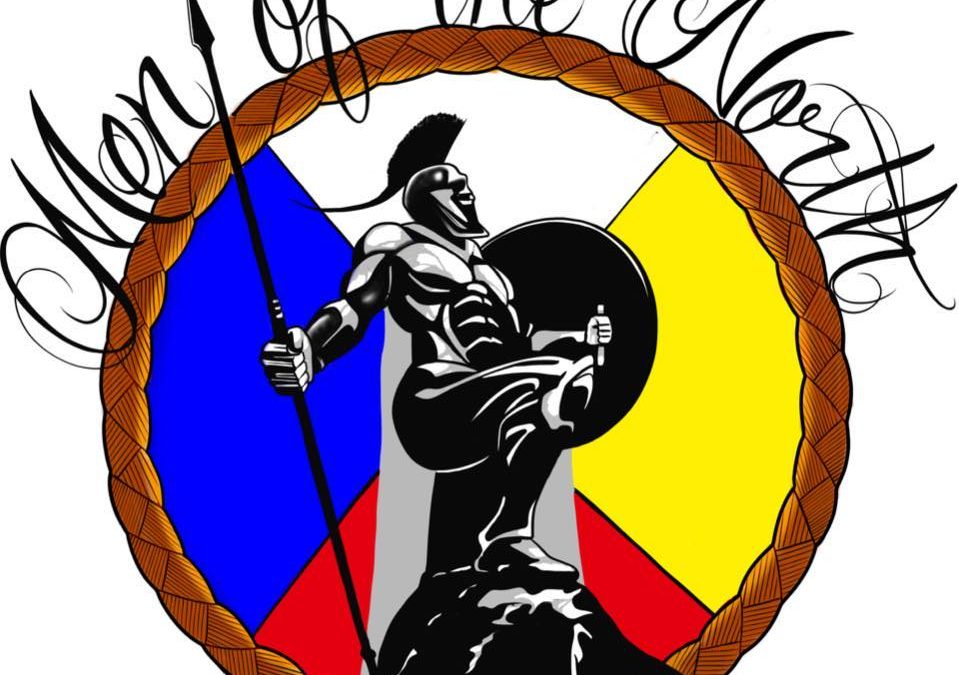By: Kimiya Shokoohi, Local Journalism Initiative Reporter, The StarPhoenix
If you’ve ever driven down a road, passing by houses with well-pruned lawns and then noticed that one house with an unkempt yard, perhaps you’ve considered what might be happening there.
It’s a question Adrian MacCallum has asked himself. He has since turned that curiosity into action as a mentor with Men of the North, where he leads a group of young men in an effort to give back to vulnerable communities.
“If we can care for people who are a little less fortunate and don’t have time to do that stuff, we’re really bringing everybody together and bringing them on the same page,” said MacCallum.
Men of the North is a nonprofit organization that seeks to help men and families in northern Saskatchewan build upon their mental, physical and emotional health. The work-based programs are meant to help participants maintain their integrity.
Now in its fourth year, the program’s yard challenge provides mentorship for young men through community action, namely by helping Elders, disabled people and single parents tend to their yards.
Anyone from these groups can submit a request for assistance. This year, each community team is tasked with completing 65 yards by the end of the six-week program.
There may also be something to the fact that caring for the land that cares for you is also reciprocal to the way these young men, ages 13 to 25, are learning to connect and care for the community.
“The smiles on people’s faces and the thanks you get,” MacCallum said, “it goes a very long way.”
The yard challenge, underway since 2020, coincides with communities seeking to heal and reconnect after the pandemic.
A lack of adequate mental health support and resources in the north has been attributed as a cause of health disparities in northern communities, according to the College of Medicine at the University of Saskatchewan.
Dr. Sara Dungavell, who works in the region, said co-ordination and support is required to connect the communities with health resources.
“It needs to come from the communities,” said Dungavell, on how these services can be provided in a manner that’s necessary and reasonable to them. One solution she offered is hiring co-ordinators to connect communities with medical resources.
“The goal is that they have these supports and the resources necessary, that they can then tell me how to best come and be helpful there and I’m not sure why this has not been successful.”
In the meantime, organizations like Men of the North are pursuing community-based solutions in reducing the intergenerational trauma that can affect Indigenous communities in particular.
In the 65-yard challenge, upwards of 40 youth and 11 mentors are paired with mentorship groups as they take to the communities of Lac La Ronge, Prince Albert, Buffalo Narrows and Saskatoon for their field work.
On location, they are taught life skills like working with one another, respecting Elders, listening to the team leader and working with various lawn equipment tools.
Through the program, they learn mowing, lawn fertilization, pruning and trimming, and generally cleaning up the lawn. Arguably, most importantly, they learn the importance of working together.
“It provides them with a sense of purpose and sense of meaning to engage in a more positive involvement in their communities,” said Christopher Merasty, president of Men of the North.
As part of this year’s 65-yard challenge, each community team is to complete tending to 16 yards each by the end of the six-week program.
In recognition and appreciation of their work, the young men and their mentors are scheduled to celebrate the completion of their program with a two-night trip to Regina. The trip includes visiting what may well be the ultimate yard: the football field at Mosaic Stadium for a Saskatchewan Roughriders game.
With weeks of summer still to go, the work is well underway, with Merasty noting that they have even had to tell some teams to slow down. He adds that if one team is falling behind on their allotted number of yards, their fellow teams can help them by picking up more yard work.
“Those are learning curves and learning lessons,” Merasty said.
